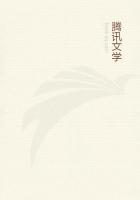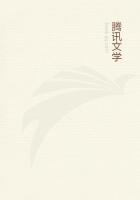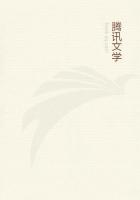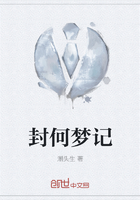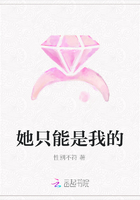At another time, he had noticed the angry temper shown by Lamprocles, the elder of his sons, towards their mother, and thus addressed himself to the lad.
Soc. Pray, my son, did you ever hear of certain people being called ungrateful?
That I have (replied the young man).
Soc. And have you understood what it is they do to get that bad name?
Lamp. Yes, I have: when any one has been kindly treated, and has it in his power to requite the kindness but neglects to do so, men call him ungrateful.
Soc. And you admit that people reckon the ungrateful among wrongdoers?
Lamp. I do.
Soc. And has it ever struck you to inquire whether, as regards the right or wrong of it, ingratitude may not perhaps resemble some such conduct as the enslavement, say, of prisoners, which is accounted wrong towards friends but justifiable towards enemies?
Lamp. Yes, I have put that question to myself. In my opinion, no matter who confers the kindness, friend or foe, the recipient should endeavour to requite it, failing which he is a wrongdoer.
Soc. Then if that is how the matter stands, ingratitude would be an instance of pure unadulterate wrongdoing?
Lamprocles assented to the proposition.
Soc. It follows, then, that in proportion to the greatness of the benefit conferred, the greater his misdoing who fails to requite the kindness?
Lamprocles again assented.
Socrates continued: And where can we hope to find greater benefits than those which children derive from their parents--their father and mother who brought them out of nothingness into being, who granted them to look upon all these fair sights, and to partake of all those blessings which the gods bestow on man, things so priceless in our eyes that one and all we shudder at the thought of leaving them, and states have made death the penalty for the greatest crimes, because there is no greater evil through fear of which to stay iniquity.
You do not suppose that human beings produce children for the sake of carnal pleasure merely; were this the motive, street and bordell are full of means to quit them of that thrall; whereas nothing is plainer than the pains we take to seek out wives who shall bear us the finest children. With these we wed, and carry on the race. The man has a twofold duty to perform: partly in cherishing her who is to raise up children along with him, and partly towards the children yet unborn in providing them with things that he thinks will contribute to their well-being--and of these as large a store as possible. The woman, conceiving, bears her precious burthen with travail and pain, and at the risk of life itself--sharing with that within her womb the food on which she herself is fed. And when with much labour she has borne to the end and brought forth her offspring, she feeds it and watches over it with tender care--not in return for any good thing previously received, for indeed the babe itself is little conscious of its benefactor and cannot even signify its wants; only she, the mother, ****** conjecture of what is good for it, and what will please it, essays tosatisfy it; and for many months she feeds it night and day, enduring the toil nor recking what return she shall receive for all her trouble. Nor does the care and kindness of parents end with nurture; but when the children seem of an age to learn, they teach them themselves whatever cunning they possess, as a guide to life, or where they feel that another is more competent, to him they send them to be taught at their expense. Thus they watch over their children, doing all in their power to enable them to grow up to be as good as possible.
Lit. "the joys of Aphrodite."
"For the procreation of children." See below, IV. iv. 22; "Pol. Lac." i.
Lit. "to leave nought lacking."
So be it (the youth answered); but even if she have done all that, and twenty times as much, no soul on earth could endure my mother's cross- grained temper.
Then Socrates: Which, think you, would be harder to bear--a wild beast's savagery or a mother's?
Lamp. To my mind, a mother's--at least if she be such as mine.
Soc. Dear me! And has this mother ever done you any injury--such as people frequently receive from beasts, by bite or kick?

